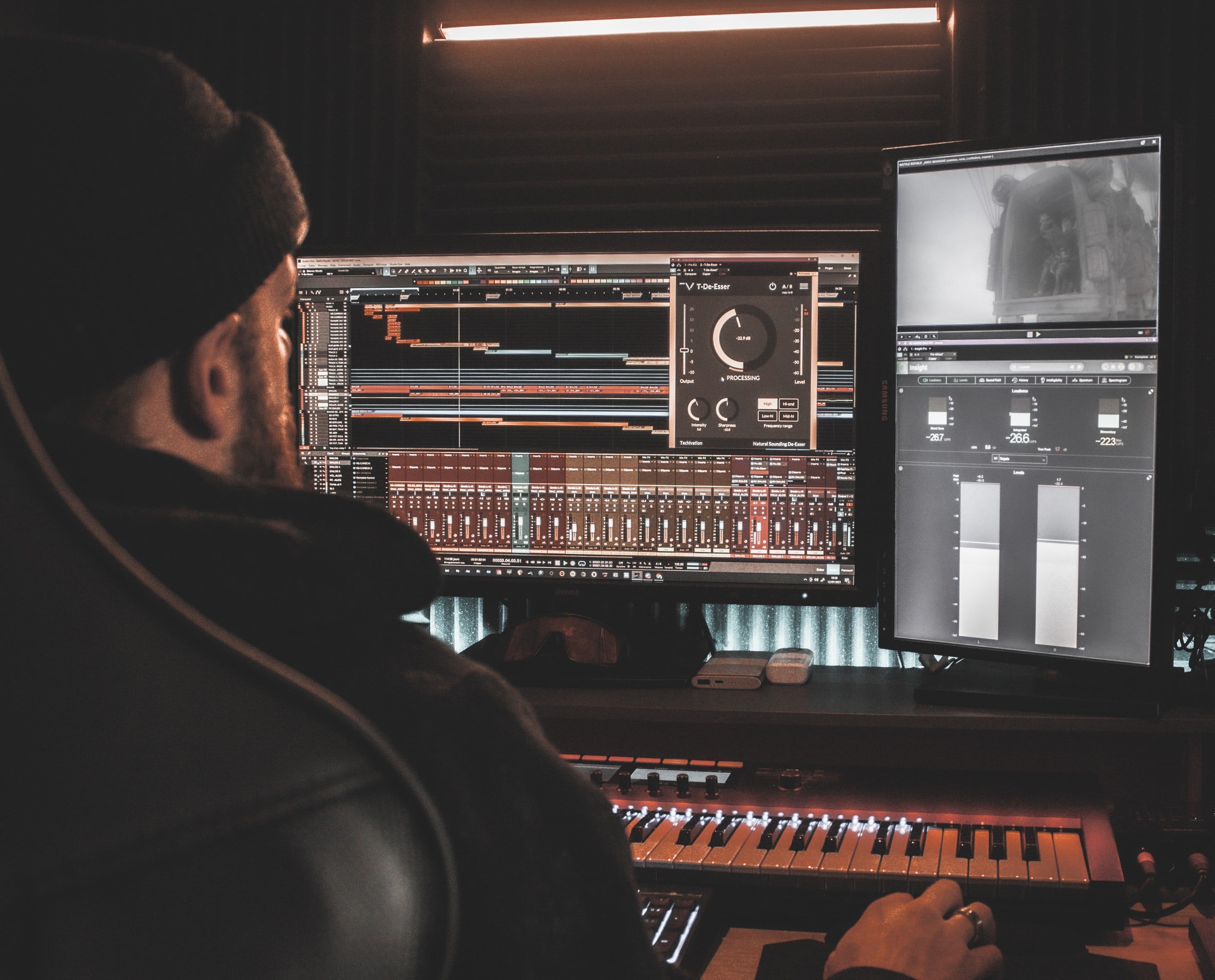A lot of voice actors tend to turn towards becoming audiobook narrators, as they find the work much more rewarding regardless of the level of expertise required, Who says you can’t learn? So how do you get started? Better yet, what skills do you need to be an audiobook narrator?
Keep on reading to find out some of the traits needed to become one.
Know The Different Types of Narration
Surprise! There’s more than one type of audiobook narration, but typically they are voiced by only one person and to be able to differentiate from the characters they change their tone, style or pitch of voice.
Solo - one person is voicing all of the characters and is able to differentiate their voices accordingly.
Duet - when there are two actors cutting in every line of a dialogue scene like a play if you will.
Multicast - an example of this is if you had 4 characters and different points of view for each character, so you’ll have a different voice for each one.
Full-Cast - actors performing various roles.
Self-Management
A very important aspect to have personally and professionally in any field, but especially when it comes to narrating a book as you are the one who shows the way to the listener. Whether you are going to be self-directing or directing others, you need to be able to stick to the timeline and make sure to plan for any errors, extra time in the studio and to be sure things get done in a timely manner.
Stamina is Key
Some days you’ll be in the studio for long, long hours and your voice may get tired or strained. Try to pace yourself so you can keep a consistent performance throughout the entire recording session and remember to bring that same energy and tone to the next one as you will need to sound pretty much the same the whole time.
Organization
This is key as you should be planning way ahead, before even booking any studio time.
Start with your script: How is it going to sound to listeners? What edits need to be made to keep the listener immersed? What words need emphasis? What words need to be softer? Pacing? Think about how you want it to sound and what message you want to be delivered in the tone of voice.
Remember to plan out extra studio time, and to budget accordingly as costs can quickly add up. For every hour of finished audio, plan for 2 hours in the studio regardless of the experience of the actor - they’re bound to make mistakes and making sure you have the time to actually and effectively deliver a great audiobook is what’s important.
Know What You’re Doing
If it’s your first time creating an audiobook, do some research. There is plenty of advice, tips and tricks out there, so as to not waste any money on a project that you have no idea where to even begin, look into it here. The narrator needs to have full control over their voice, which means confidence and if you’re new then you may not have the experience so all that’s left to do is to learn and practice.
Be Objective
You may have your own opinions on how a character should sound or be like, but stay objective. While you may love the book you are narrating, keep in mind that it’s the author’s book and they’re the ones who have created the story and the people in the book that you are so passionate about. Basically, the narrator tells it as is. You may have extra inside information that the audience doesn’t know, but that doesn’t mean you are the author (unless you are, but there’s a reason why you have a script).
Paint the Picture
People who typically enjoy listening to audiobooks like being told a story. So, it’s up to the narrator to be able to execute and deliver this to the best of their professional abilities. They’re able to bring the text to life and truly embody the characters. Whether it’s through the pacing and pronunciation of your words, voice separation from each character and narrative text, what you’re doing is drawing people to you with your voice, a strong skill not everyone is able to do.
CONCLUSION
There is more to audiobook narration than meets the eye. There’s a lot of background preparation that needs to go into the production before you can even begin to think of actually stepping into the studio. Basically, know what you’re doing, and if you don’t start researching, otherwise you’ll find yourself clueless and out of money. Do you want to create your own author-narrated audiobook? Let us know!
Written by Tina Phong
-
If you need help turning your book into an audiobook, we offer audiobook production services that will help you reach a wider audience and increase your book sales.
Learn more here and listen to some of our audiobook samples.


















